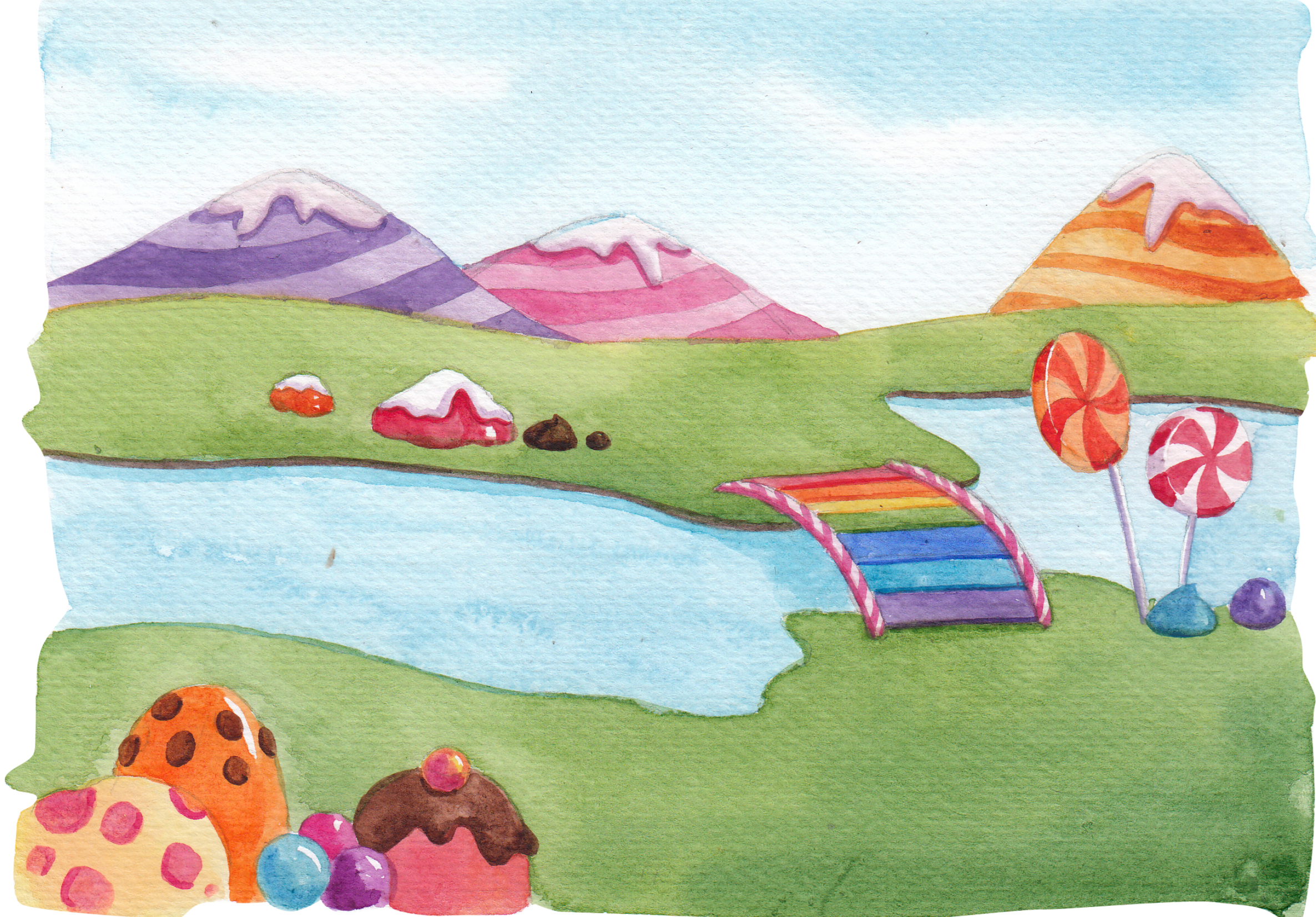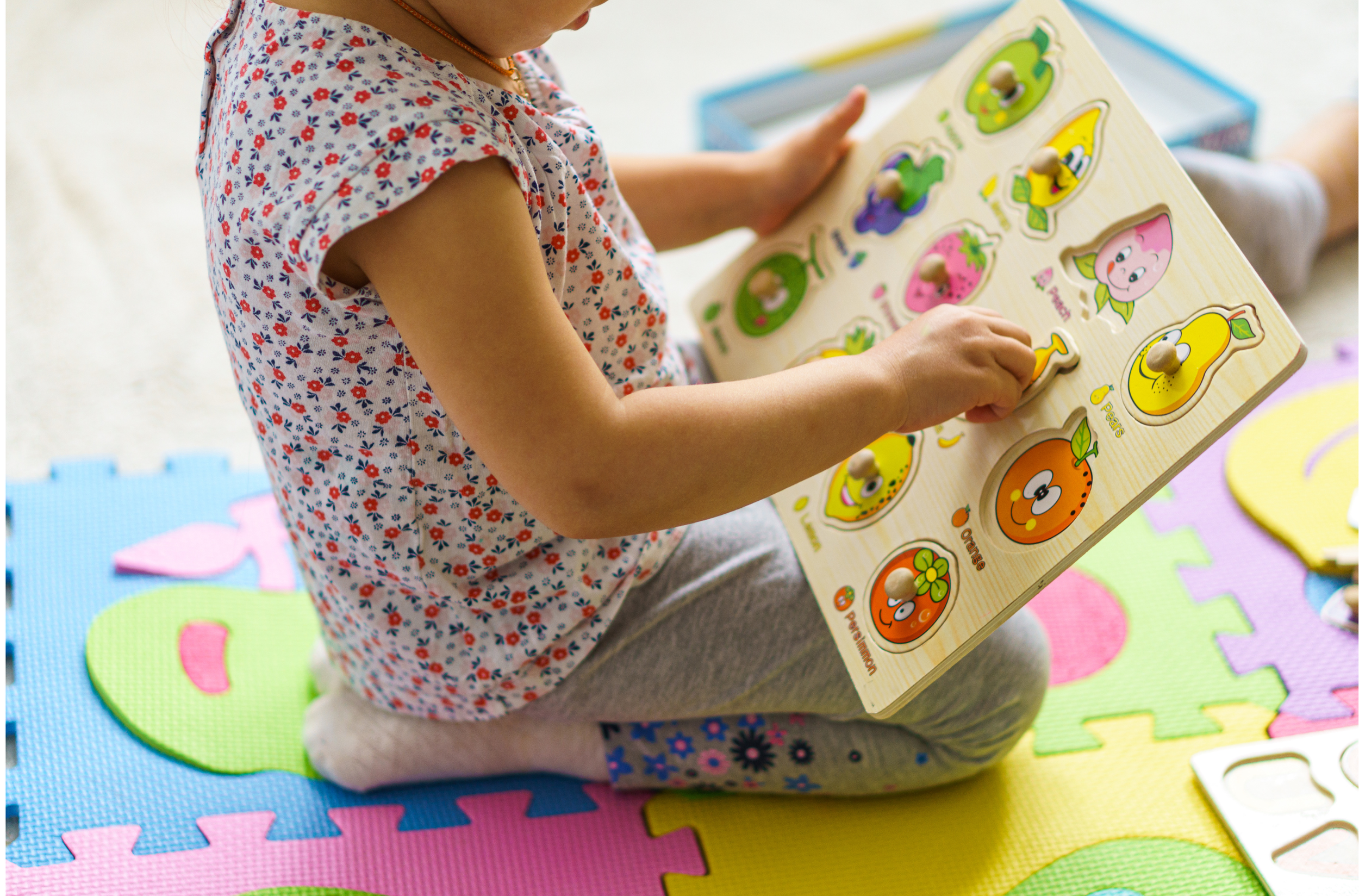SLP-Mom’s Gift Guide for the Holidays AND Why
At Turning Tides Speech Therapy we enjoy providing in-home, play based therapy– so we know how to play! We put together a list of our favorite, most used toys and games that we love to play not just at work but at home with our own children too!
So whether you are shopping for a neighbor, a long-distance relative, a co-worker’s child you have never met, or one of your own, these gifts are sure to be cherished and well-loved in every home.
Bingo
This game is not just for the pubs and cruise boats! Bingo is a fantastic game for preschoolers to practice their listening skills, fine motor control, following directions, turn-taking, and building vocabulary.
Our favorite version to buy is an Alphabet Bingo for added benefits of the following pre-literacy skills: letter recognition, letter to sound correspondence, phonological awareness (beginning sound), visual discrimination (upper and lower case letters) and scanning, and early print awareness.
Matching Picture Memory Cards
This open ended game teaches many early developmental skills such as cognitive, language, and social skills. Specifically it works to build short-term memory and recall, visual discrimination, attention, categorization and sorting, vocabulary, turn-taking, visual tracking and strategy.
It is also the simplest game to teach, making it a great starting game. And best yet, there are hundreds of versions available for purchase to engage any child based on their particular interests. For example, dinosaurs, princesses, animals, superheroes, or any movie ever made.
Candy Land
This classic is still popular for a reason. It teaches kids color recognition and matching card-to-board, turn-taking, following multi-step directions, and early literacy skills (visual tracking left-right and symbol to direction correspondence).
As an added bonus, it is an easy game to manipulate and add therapy challenges to. SLPs will often use velcro dots to put speech targets on the back of each color card so that the child must work on their goals each turn. Similarly, a larger rule can be set per color. For example, have your child say five words that start with an “R” each time you draw a blue card, five words that start with a “S” each time you draw a red card, and so on.
Snail’s Pace
This non-competative game is great for toddlers and preschoolers and allows for up to five players at once! It teaches color recognition, counting and one-to-one correspondence, visual tracking (left to right - a pre-literacy skill), turn-taking and cooperation.
My First Orchard/Hi Ho! Cherry-O
These games offer a simple yet highly motivating simple game play that teaches turn taking, color recognition, and counting. In the “My First Orchard” version, the players are working together to beat the crow, and it has an added benefit of teaching cooperation.
*These are two versions of the same game. My First Orchard is recommended for younger children or those who still put toys in their mouths. Hi Ho! Cherry-O has smaller game pieces that are not recommended due to safety precautions.
Puzzles
Puzzles are one of the most developmentally rich activities for children to play as they build skills across cognitive, motor, language, and social-emotional domains. Working together to complete a puzzle teaches children cooperation and social language, problem solving skills and critical thinking, spatial awareness (mental mapping, part-to-whole concept, rotation/flipping) and visual discrimination (colors, patterns, shapes, etc.), fine motor skills, sustained attention, early math concepts (symmetry, pattern, sorting, sequencing), memory skills and a variety of social skills: turn taking, collaboration, asking for help, and more.
Best yet, one can never have too many puzzles. They are available in 3-piece to thousand-piece options and in every theme imaginable; our personal favorites are the seasonal puzzles so they can rotate throughout the year and be new again next year.
Added bonus, when a puzzle is completed, you can play “I Spy” before putting it away for another 15 minutes of play!
Mr. Potato Head
This classic, the first toy ever to be advertised on the television, is an educational powerhouse teaching more than meets the eye (excuse the pun)! Kids can learn body part identification (an early vocabulary milestone), emotional concepts (facial expressions), turn-taking and social play skills (trading and sharing), spatial awareness, categorization (body versus clothing, big/small, function, color, etc.), positional concepts (on/off, in/out, top/bottom, front/back), all while participating in creative play through silly faces, role play, and storytelling.
Magnatiles
These win the kid’s choice award as they are great for any age or gender. They also naturally elicit language, vocabulary, and communication in a playful context. Benefits of Magnatiles include vocabulary development (shape, color, size), prepositions and spatial concepts (on/off, next to, between, in/out, above, left/right, etc.), following directions, sequencing and problem solving, narration and story telling (i.e. building a castle for a dragon, or a hotel for pets), social play skills: turn-taking, sharing/trading, negotiating ideas and asking for help.
Play Dough/Kinetic Sand
Both Play Dough and Kinetic Sand combine sensory-motor play with language-rich opportunities. Using imagination to build and create these toys provide limitless vocabulary development: Descriptive language: soft, hard, squishy, smooth, rough; Actions/verbs: roll, squish, flatten, pinch, cut, mold; Shapes & sizes: circle, square, big, small, long, short. They also allow for endless opportunities in following directions, turn-taking, story-telling, fine motor skills, problem solving, and practice with positional concepts (in/out, on/off, next to, between, etc.).
Play dough and kinetic sand may be used to provide sensory stimulation and regulation which helps some children to calm or focus. So even if the toy is not being used directly to target therapy goals, play dough and kinetic sand may often be useful in therapy or just to unwind after a long day at school.
Go Fish
One of the best, early learning card games Go Fish teaches many skills such as categorization, matching, strengthens working memory, increases vocabulary, and of course works on turn-taking and social language (i.e.“Do you have…?” “Is it my turn?”).
Just as in Bingo, our favorite version to buy is an Alphabet Go Fish for added benefits of the following pre literacy skills: letter recognition, letter to sound correspondence, phonological awareness (beginning sound), visual discrimination (upper and lower case letters), and early print awareness.
Gift Guide
Bingo (alphabet version preferred)
Matching picture memory cards
Candy Land
Snail’s Pace
My First Orchard/Hi Ho! Cherry-O
Puzzles
Mr. Potato Head
Magnatiles
Play Dough/Kinetic Sand
Go Fish (alphabet version preferred)





